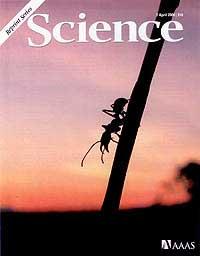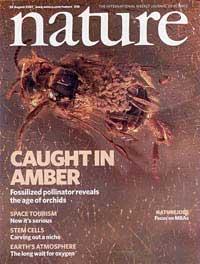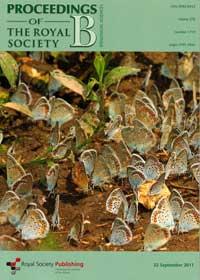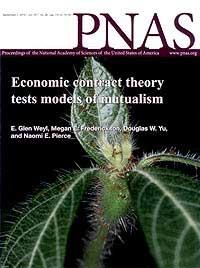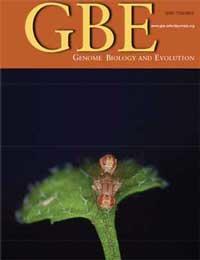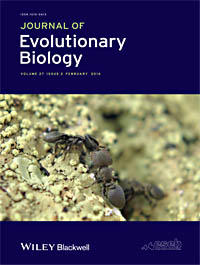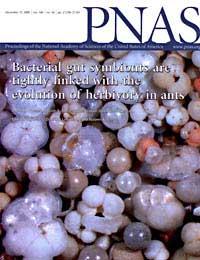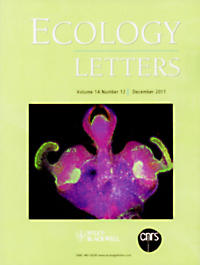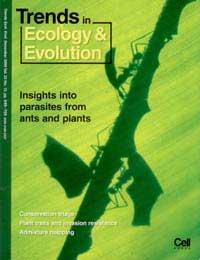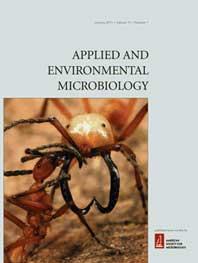Abstract:
Ingestion of the cycad toxins β-methylamino-L-alanine (BMAA) and azoxyglycosides is harmful to diverse organisms. However, some insects are specialized to feed on toxin-rich cycads with apparent immunity. Some cycad-feeding insects possess a common set of gut bacteria, which might play a role in detoxifying cycad toxins. Here, we investigated the composition of gut microbiota from a worldwide sample of cycadivorous insects and characterized the biosynthetic potential of bacteria isolated as putative keystone taxa. Cycadivorous insects shared a core gut microbiome consisting of six bacterial taxa, mainly belonging to the Proteobacteria, which we were able to isolate. To further investigate these potential keystone taxa from diverging lineages, we performed shotgun metagenomic sequencing of co-cultured bacterial sub-communities. We postulate and characterize four putative keystone bacteria from Serratia, Pantoea, and two different Stenotrophomonas lineages. The biosynthetic potential of these microorganisms includes a suite of biosynthetic gene clusters notably rich in siderophores and carotenoid-like aryl polyene pathways. Siderophore semi-untargeted metabolomics revealed a broad range of chemically related yet diverse iron-chelating metabolites, indicating a complex evolutionary landscape in which siderophores may have converged within the guts of cycadivorous insects. Among these, we provide evidence of the occurrence of an unprecedent desferrioxamine-like biosynthetic pathway that remains to be identified. These results provide a foundation for future investigations into how cycadivorous insects tolerate diets rich in azoxyglycosides, BMAA, and other cycad toxins, and highlight convergent evolution underlying chemical diversity.Competing Interest StatementThe authors have declared no competing interest.
Publisher's Version

